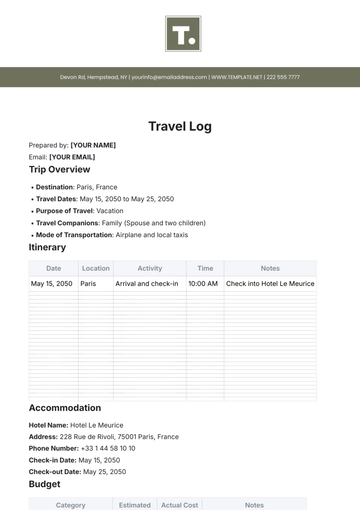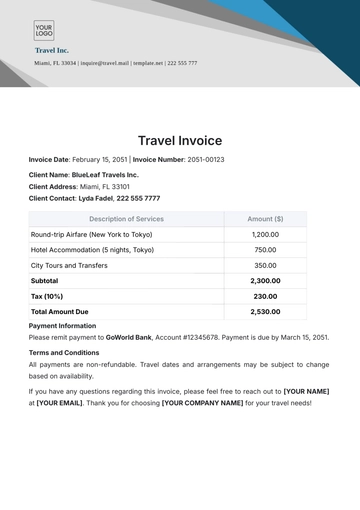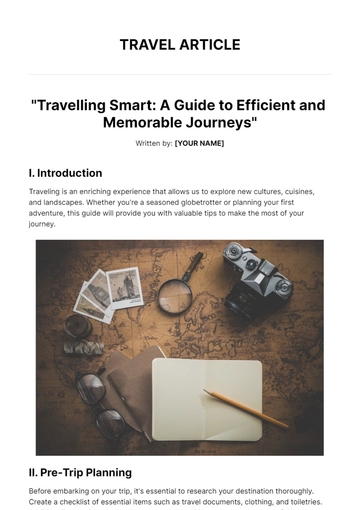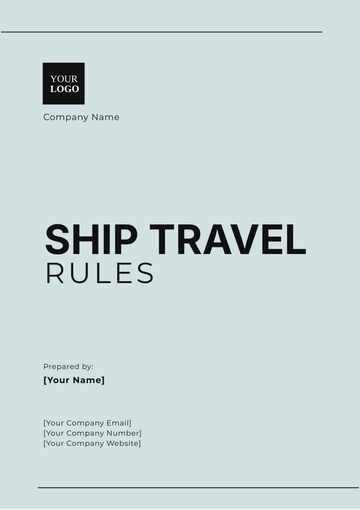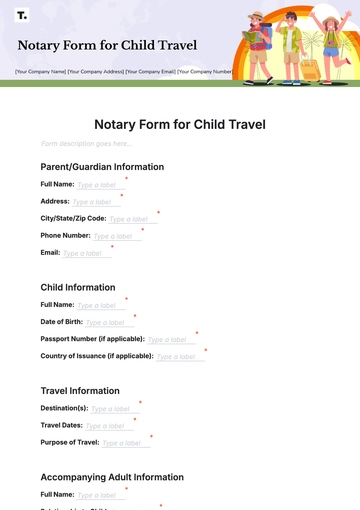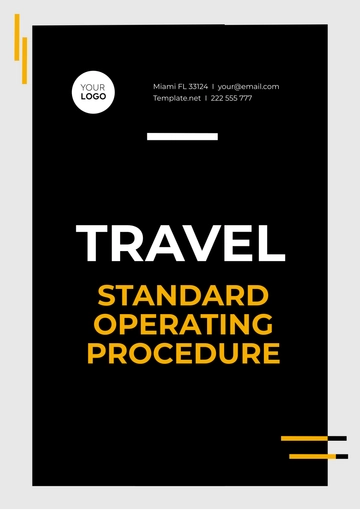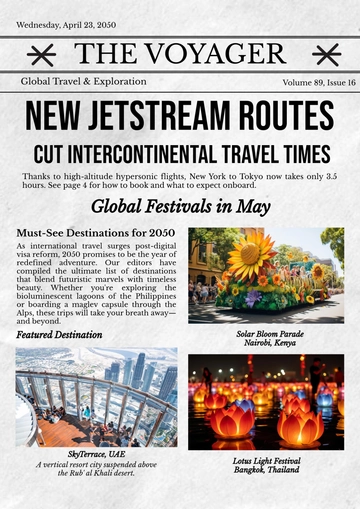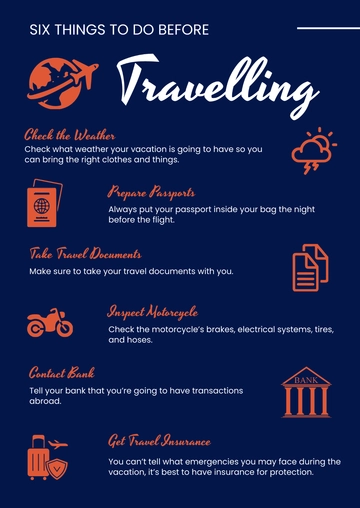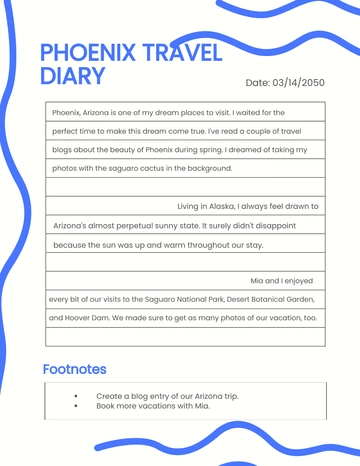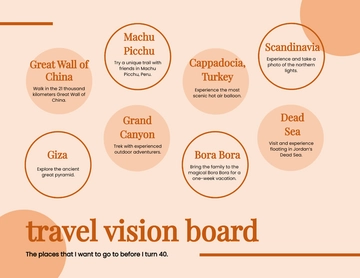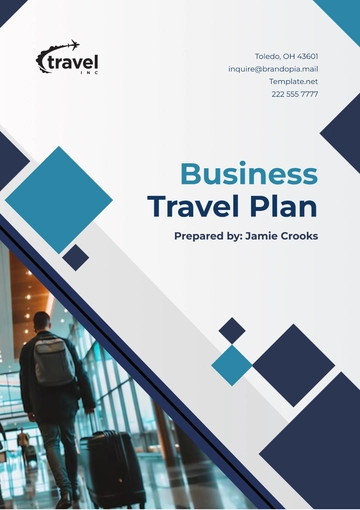Free Car Rental Pricing Strategy
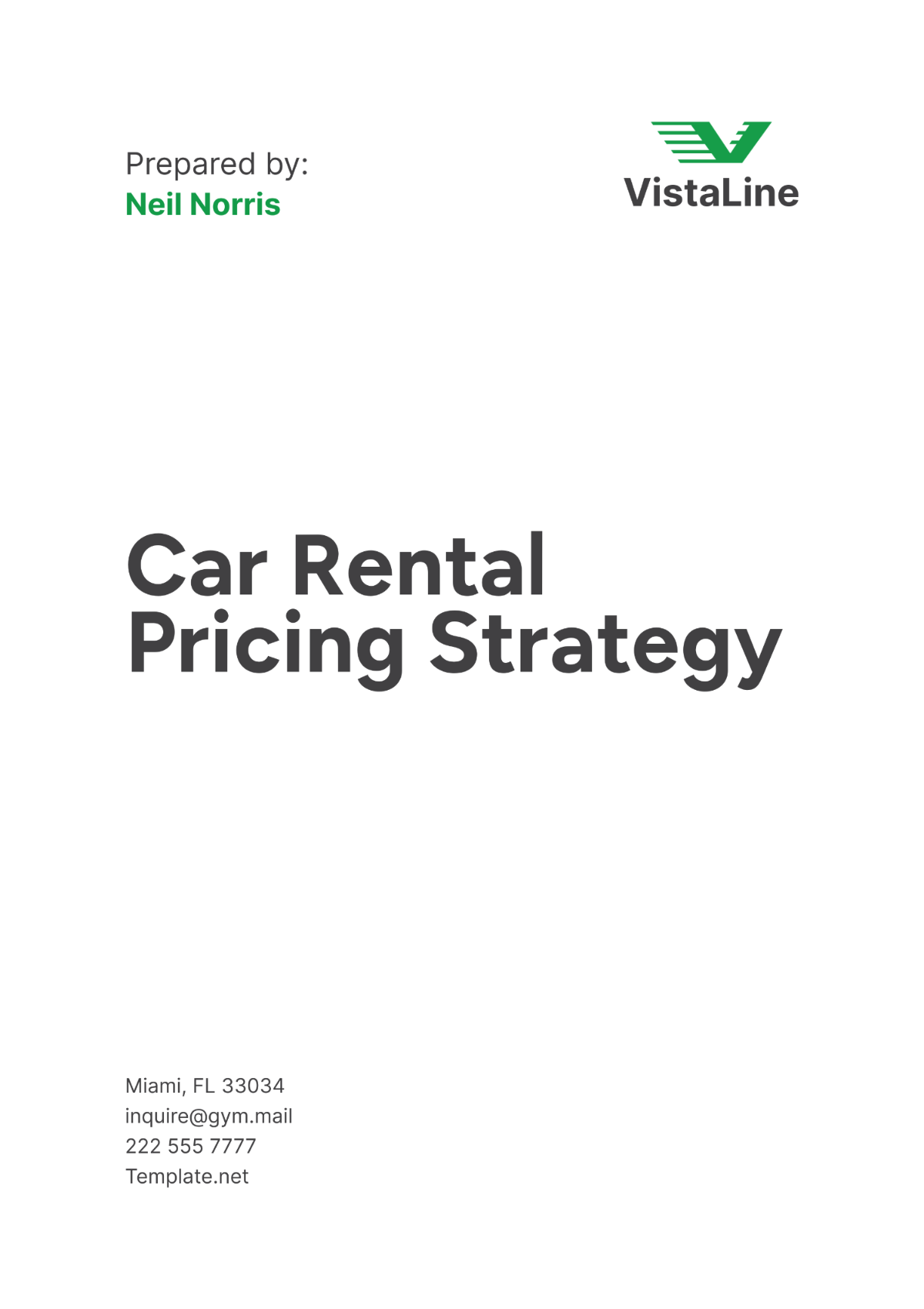
I. Introduction
Our Car Rental Pricing Strategy aims to balance competitive pricing with profitability while catering to diverse customer needs. This strategy encompasses various pricing models and adjustments based on market conditions and customer preferences. Our primary goals are to maximize revenue, increase market share, and enhance customer satisfaction.
Goals
Achieve a 10% increase in overall revenue.
Expand market share by 5% within the next year.
Improve customer retention rate by 15%.
Maintain a competitive edge through dynamic and seasonal pricing adjustments.
II. Market Analysis
A. Industry Overview
The car rental industry has experienced steady growth over the past five years, driven by increased travel and tourism. The global market size was valued at $92 billion last year and is projected to reach $120 billion by 2056, growing at a CAGR of 5%. The industry is characterized by high competition and diverse customer demands, ranging from business travelers to leisure tourists.
B. Competitive Landscape
Understanding the competitive landscape is crucial for positioning our services effectively.
Competitor | Market Share | Strengths | Weaknesses |
|---|---|---|---|
25% | Extensive fleet | Higher prices | |
20% | Low prices | Limited options | |
15% | Strong online presence | Limited coverage | |
10% | Premium vehicles | High operational costs |
Our main competitors have strengths in fleet size, pricing, and customer service. However, they also exhibit weaknesses such as higher prices and limited vehicle options, which we can capitalize on by offering competitive and flexible pricing models.
C. Customer Demographics and Preferences
Our target market includes business travelers, families on vacation, and local residents needing temporary transportation. Business travelers prefer premium vehicles and flexible rental terms. Families and leisure tourists prioritize affordability and convenience, while local residents often seek short-term rentals and competitive rates.
III. Cost Analysis
A thorough cost analysis helps us set prices that cover our expenses while ensuring profitability.
Fixed Costs
Cost Category | Annual Expense ($) |
|---|---|
Vehicle Acquisition | $2,000,000 |
Insurance | $500,000 |
Facility Rent | $300,000 |
Salaries | $1,200,000 |
Depreciation | $400,000 |
Variable Costs
Cost Category | Expense per Vehicle ($) |
|---|---|
Maintenance | $1,200 |
Fuel | $800 |
Cleaning | $300 |
Miscellaneous | $200 |
Break-even Analysis
Our total fixed costs amount to $4,400,000 annually. Assuming an average rental rate of $50 per day and a variable cost of $2,500 per vehicle annually, we need to rent out our vehicles for a total of 88,000 days to break even. This equates to needing an average of 241 rental days per vehicle per year, considering our current fleet size.
IV. Pricing Models
A. Daily Rental Rates
Our strategy for daily rental rates is to offer competitive pricing while ensuring profitability. The standard daily rental rate is set at $50 for economy cars, $70 for mid-size vehicles, and $100 for premium cars. These rates are designed to attract a wide range of customers while covering our costs.
B. Weekly and Monthly Discounts
To encourage longer rentals, we offer discounts for weekly and monthly bookings. A weekly rental comes with a 10% discount, reducing the rate for an economy car to $45 per day. Monthly rentals receive a 20% discount, lowering the daily rate to $40 for the same category. These discounts incentivize customers to rent for extended periods, enhancing our fleet utilization.
C. Dynamic Pricing
Dynamic pricing allows us to adjust rates based on demand and market conditions. During peak seasons or high-demand periods, rates can increase by up to 25%, maximizing revenue. Conversely, during off-peak times, rates may decrease by up to 15% to attract more customers. This flexible pricing model ensures we remain competitive and profitable year-round.
D. Seasonal Pricing
Seasonal pricing is implemented to capitalize on fluctuations in demand. For example, during the summer months and holiday seasons, rental rates are increased by 20% to reflect higher demand. In contrast, rates are reduced by 10% during slower periods like late fall and early winter, encouraging bookings when demand is typically lower.
E. Promotional Pricing
Promotional pricing strategies include special offers and discounts to attract new customers and retain existing ones. Examples include weekend specials with 15% off regular rates, loyalty programs offering 10% off for repeat customers, and limited-time discounts for online bookings. These promotions help us attract a broader customer base and enhance brand loyalty.
V. Competitive Pricing Analysis
To remain competitive in the car rental market, we have conducted a comprehensive analysis of our pricing compared to major competitors. This analysis helps us position our rates strategically to attract more customers while maintaining profitability.
Vehicle Category | Our Price ($/day) | Competitor A ($/day) | Competitor B ($/day) | Competitor C ($/day) |
|---|---|---|---|---|
Economy | 50 | 55 | 48 | 52 |
Mid-size | 70 | 75 | 68 | 73 |
Premium | 100 | 110 | 98 | 105 |
Our pricing is strategically set to be competitive within the market. For economy vehicles, our rate of $50 per day is lower than Competitor A and Competitor C, while being slightly higher than Competitor B. For mid-size and premium categories, our rates are positioned to offer value while staying competitive with the market leaders.
VI. Pricing Implementation
A. Pricing Structure and Tiers
Our pricing structure is designed to be straightforward and flexible, allowing us to cater to various customer needs while ensuring profitability.
Vehicle Category | Standard Rate ($/day) | Weekly Discount (%) | Monthly Discount (%) |
|---|---|---|---|
Economy | 50 | 10 | 20 |
Mid-size | 70 | 10 | 20 |
Premium | 100 | 10 | 20 |
B. Pricing Policies and Guidelines
Our pricing policies and guidelines ensure transparency and consistency in our pricing strategy.
Daily rental rates are set based on vehicle category and market conditions.
Weekly rentals receive a 10% discount off the standard daily rate.
Monthly rentals receive a 20% discount off the standard daily rate.
Dynamic pricing adjustments are made based on demand and seasonality.
Promotional offers are implemented strategically to attract new customers and reward loyal ones.
C. Rate Management System
We will implement a robust Rate Management System (RMS) to ensure dynamic and flexible pricing. The RMS will monitor market conditions, demand fluctuations, and competitor pricing to make real-time adjustments. This system will be integrated with our booking platform to ensure seamless updates and consistency across all channels.
VII. Monitoring and Adjustment
Continuous monitoring and adjustment of our pricing strategy are essential to maintain competitiveness and profitability.
Metric | Target Value |
|---|---|
Revenue Growth | 10% increase |
Market Share | 5% increase |
Customer Retention Rate | 15% improvement |
Average Rental Duration | 10 days |
Occupancy Rate | 75% |
Monitoring and adjustment will take place on a monthly basis. We will analyze key metrics such as revenue growth, market share, customer retention, average rental duration, and occupancy rate. Adjustments to pricing models will be made based on this data to ensure alignment with our strategic goals.
VIII. Action Plan
To implement our pricing strategy effectively, we have developed a detailed action plan with specific timelines and responsibilities.
Action | Timeline | Responsibility |
|---|---|---|
Implement Rate Management System | ||
Conduct Staff Training | ||
Launch Promotional Campaigns | ||
Monitor and Review Pricing | ||
Adjust Pricing Models |
This action plan ensures that our pricing strategy is executed efficiently and effectively. By following these steps, we will be able to adapt to market changes, meet our financial goals, and provide excellent value to our customers.
We are committed to continuously refining our pricing strategy to maintain our competitive edge and achieve sustained growth. Through diligent monitoring, regular adjustments, and strategic promotions, we will enhance our market position and drive long-term success.
- 100% Customizable, free editor
- Access 1 Million+ Templates, photo’s & graphics
- Download or share as a template
- Click and replace photos, graphics, text, backgrounds
- Resize, crop, AI write & more
- Access advanced editor
Introducing the Car Rental Pricing Strategy Template on Template.net. This editable and customizable template offers a comprehensive framework for setting competitive rental rates. Adjust pricing models effortlessly in our AI Editor tool to optimize revenue and market competitiveness. Ideal for car rental businesses aiming to maximize profitability and customer satisfaction.

